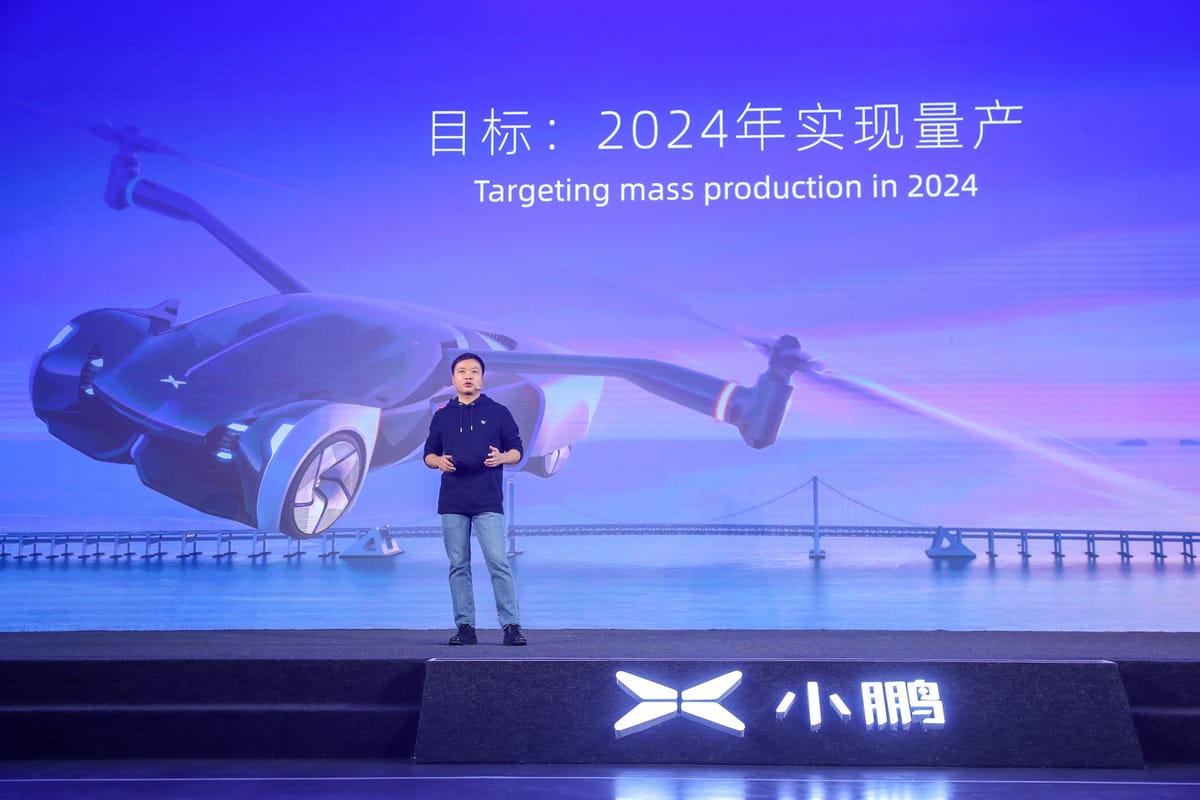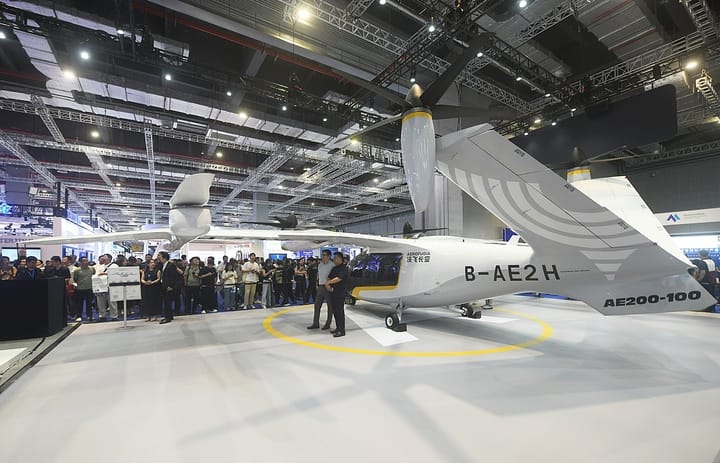XPeng's Flying Car Faces Regulatory Hurdles Despite Financial Success
A long way to go for Xpeng aeroHT's "Land Aircraft Carrier".

Chinese electric vehicle manufacturer XPeng's flying car subsidiary, XPeng AeroHT, recently secured $250 million in Series B financing on July 15. However, while the company doesn't lack funding or technology for its ambitious "Land Aircraft Carrier" flying car project, regulatory approval remains the most significant obstacle to overcome.
From Vision to Reality
"I believe each of us will have the opportunity to fly," XPeng founder He Xiaopeng frequently mentions at product launches. For He, flying cars represent a concrete manifestation of his techno-optimist persona, similar to how Mars colonisation shapes Elon Musk's public image.
XPeng AeroHT's "Land Aircraft Carrier" is a modular vehicle featuring a four-seat car that houses a detachable two-seat flying module. When takeoff is desired, the flying module can be separated from the car compartment within five minutes using an automatic separation mechanism.
According to the company's president Zhao Deli, this first-generation flying car represents just the initial phase of a three-stage strategy, with full integration of air and ground transportation capabilities coming only in the final stage—potentially a decade or more in the future.
Limited Flying Zones
Contrary to popular imagination of flying cars taking off spontaneously from congested roadways, XPeng's current design has significant limitations. When delivered in 2026, these vehicles will only be permitted to operate within designated "flying camps"—specialised areas typically located near major cities or popular tourist destinations.
The company plans to establish partnerships with at least 200 such flying camps by the time of product launch. This restricted operating environment falls far short of the door-to-door, point-to-point urban air mobility system many consumers envision.
Certification Challenges
XPeng AeroHT's flying vehicle still requires three crucial certifications before commercial sales can begin:
- Type Certificate (TC): Application accepted last year, still pending approval
- Production Certificate (PC): Application accepted on May 9
- Airworthiness Certificate (AC): Application process not yet initiated
Zhao Deli expects to secure the airworthiness certificate by the second half of 2026. The company is also advocating for regulatory reforms, including replacing the current approval-based system for low-altitude flights with a simpler notification-based system.
Growing Competition
XPeng is far from alone in the flying car space. At least five other Chinese automakers—Geely, GAC, FAW Hongqi, Changan, and Chery—have announced flying car projects with test flights scheduled for 2025. Globally, manufacturing giants like Boeing, Airbus, and Hyundai are also exploring the sector.
Some competitors are even ahead of XPeng. EHang Intelligence has already secured the world's first Type Certificate, Standard Airworthiness Certificate, Production Certificate, and Operating Certificate for its EH216-S autonomous passenger aircraft, which is now providing commercial passenger services in Guangzhou and Hefei.
Despite these challenges, XPeng AeroHT has reportedly received 4,000 pre-orders for its "Land Aircraft Carrier," which is priced under 2 million yuan ($280,000). This represents a significant potential revenue stream in an increasingly competitive electric vehicle market.
As traditional automakers continue to face intense competition in the electric vehicle sector, the battle appears to be extending into the flying car arena—it's only a matter of time.


